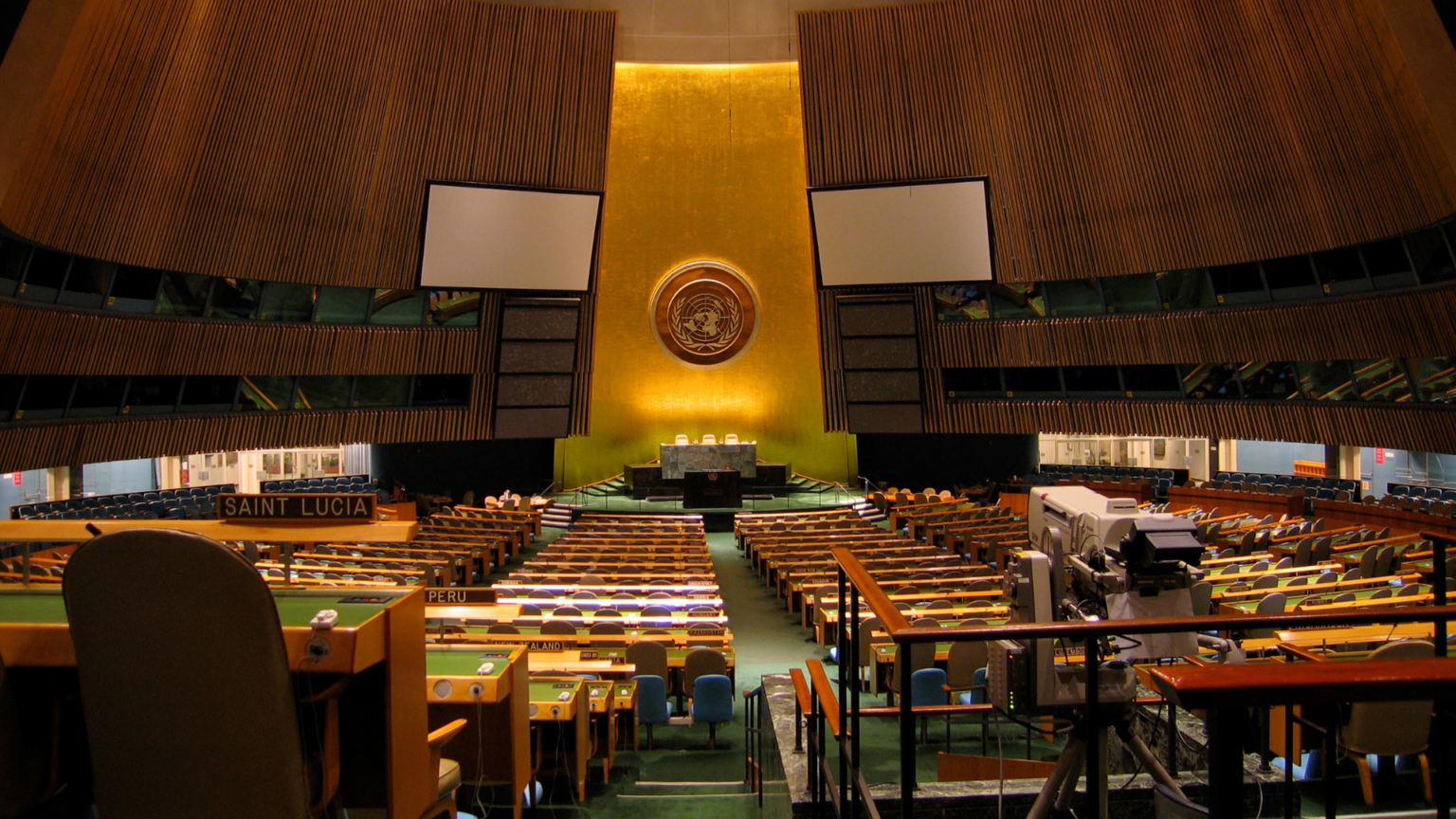China ensured a seat on the Human Rights Council,
Today the UN General Assembly will vote in new council members. Human rights groups want China to be excluded because of its repressive policies; however, other candidates also fall short in terms of human rights. Four countries are up for Asia’s four seats, but China must still get a majority to get one.
New York (AsiaNews) – About 90 human rights groups issued a statement urging the members of the United Nations General Assembly not to vote China onto the Human Rights Council and leave instead an "empty seat" because “China is demonstrably unfit to hold a seat on the UN’s top body responsible for the promotion and protection of all human rights around the globe.”
Today, the UN General Assembly is set to pick 15 new members of its human rights body to serve for three years starting in January 2024.
The Council has 47 members, elected by direct ballot in the General Assembly on the basis of an equitable geographical distribution: 13 seats are reserved for Africa, 13 for Asia-Pacific, six for Eastern Europe, eight for Latin America and the Caribbean, and seven for Western Europe and Other states.
China is an incumbent member of the Council, but it is seeking another term. Four countries are running for four seats in the Asia-Pacific region: Japan, Kuwait, Indonesia, and China.
Although it got the fewest votes in past elections, China will win a seat, effectively unopposed, said the human rights groups opposed to Beijing.
In other regions, many countries do not fully respect for human rights, like Kuwait, Cuba for Latin America, and Malawi and Burundi for Africa.
Russia is also a candidate for a seat in the Eastern European region, but it is likely that the two available seats will go to two other candidates, Albania and Bulgaria.
UN resolutions governing Council elections require candidates to “uphold the highest standards in the promotion and protection of human rights,” but for the joint statement, “China has utterly failed to meet these expectations for candidates, and has actively sought to undermine the promotion and protection of universal human rights around the world.”
Indeed, “The Chinese government has used its power and influence to attempt to silence the voice of civil society at the UN. The UN Secretary-General has recognized China as engaging in ‘patterns of intimidation and reprisals’ against human rights defenders and remains one of the top perpetrators of reprisals globally.”
In fact, China allowed only one human rights expert into the country since 2018. The High Commissioner for Human Rights [Michelle Bachelet] was granted limited access in May 2022, “accompanied by government officials,” she said, “not able to speak with Uyghurs detained or their families.”
In particular, "Most independent civil society groups have been disbanded and their members jailed, tortured, or forced to continue their work underground or forced into exile. Even so, they face harassment, surveillance, and detention for attempting to continue to defend the rights of those left behind or repressed by the Chinese system.”
China’s repression has focused on Uyghurs, a Turkic Muslim group living in the Xinjiang Autonomous Region, also known as East Turkestan by the indigenous population.
And they are not alone. "Over the past 12 months, multiple UN human rights bodies have raised alarm at the escalation of human rights abuses in Tibet,” with at least one million Tibetan children separated from their families, with many relatives forced into a labour transfer programme, their religious and linguistic freedom denied.
The statement also looks at Hong Kong, where “the promulgation of the National Security Law (NSL) by the Central Government in 2020 dismantled the civil society and people’s fundamental rights and freedom, targeting academics, media outlets, and civil society organisations”.
11/09/2007







.png)










